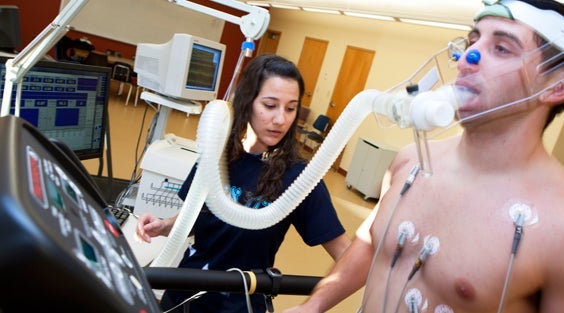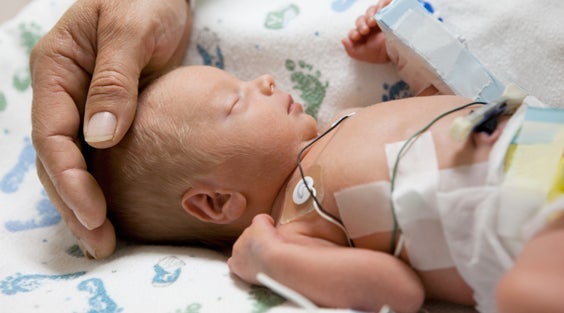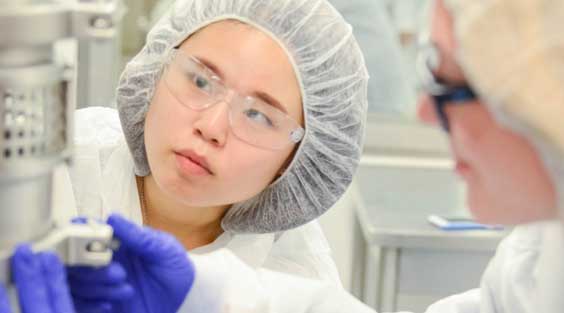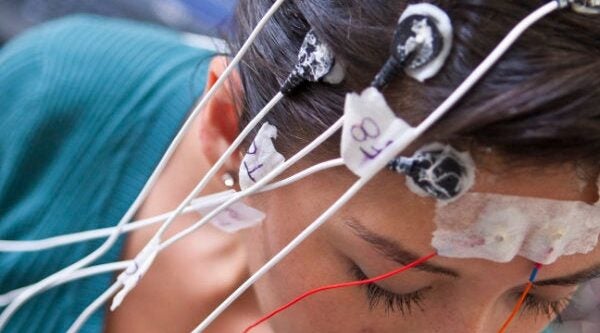Educating Health Professionals, Advancing Health Research
The University of Rhode Island is enhancing the physical and mental health of individuals and communities worldwide through its faculty expertise, academic programs, research, and partnerships.
At the Colleges of Nursing, Pharmacy, and Health Sciences, URI faculty, clinicians, and researchers engage in interdisciplinary work to educate thoughtful, skilled health professionals who understand the multifaceted aspects of caring for communities and keeping them healthy.
URI has established active partnerships with the health community and other academic institutions. The University is recognized for its health-related research, scholarship, and creativity in the areas of neuroscience, drug discovery, medicinal plants and marine organisms, geriatrics, cancer, genomics, immunology, and behavior change, among others.




